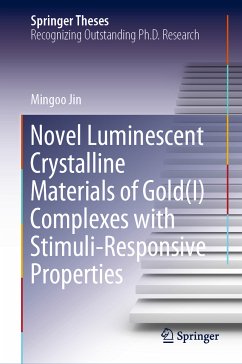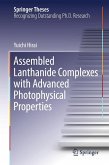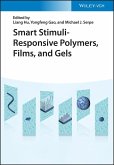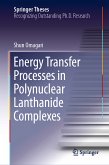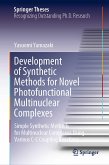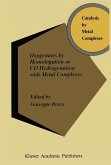This book highlights and investigates novel solid-state luminescent properties of crystals with stimuli-responsive behavior. Several novel molecular designs for controlling crystal structures with photo-physical properties are described, with a special focus on external stimuli-responsive properties.
The major goal of the material design concept was to capitalize on the chirality of crystals with stimuli-responsive properties. To allow crystals' chirality to be controlled and modified by means of external stimulation, the axial chirality of biaryl moiety was employed and, interestingly, produced several novel mechano- and vapo-responsive luminescent properties based on crystal-to-crystal or single-crystal-to-single-crystal phase transitions. In addition, the book details how the molecular rotation of luminophores in the solid phase can be used to achieve corresponding thermal-responsive phosphorescence.
The reports presented here illustrate how the author has succeeded in controlling structural factors in a bulk environment by using molecular design with linking to photo-physical properties. The content will be of great interest to researchers in the field, and to members of chemical and material science societies.
Dieser Download kann aus rechtlichen Gründen nur mit Rechnungsadresse in A, B, BG, CY, CZ, D, DK, EW, E, FIN, F, GR, HR, H, IRL, I, LT, L, LR, M, NL, PL, P, R, S, SLO, SK ausgeliefert werden.
Es gelten unsere Allgemeinen Geschäftsbedingungen: www.buecher.de/agb
Impressum
www.buecher.de ist ein Internetauftritt der buecher.de internetstores GmbH
Geschäftsführung: Monica Sawhney | Roland Kölbl | Günter Hilger
Sitz der Gesellschaft: Batheyer Straße 115 - 117, 58099 Hagen
Postanschrift: Bürgermeister-Wegele-Str. 12, 86167 Augsburg
Amtsgericht Hagen HRB 13257
Steuernummer: 321/5800/1497
USt-IdNr: DE450055826
Bitte wählen Sie Ihr Anliegen aus.
Rechnungen
Retourenschein anfordern
Bestellstatus
Storno

